When starting your own business, it’s easy to become overwhelmed with the enormity of tasks to undertake to keep your business running smoothly. However, when starting out, it’s unlikely you have a lot of spare cash to throw around on programs that help you keep everything under control.
Fortunately, there are a wealth of free tools available for small businesses. You don’t need to dip further into your pocket, nor do you need to learn tricky processes or technology to keep your business relevant, professional and orderly.
We’ve compiled a list of our favourite free online tools and resources to help you keep your business organised and running like clockwork. Once you have systems in place, everything will start to run more efficiently, letting you get back to what you love doing!
*This post may contain affiliate links.
Design
Canva While it may not have all the bells and whistles of professional programs like Adobe Photoshop, Canva is definitely more user-friendly, and boasts both a free and pro version. The free version is quite ample for basic needs and is loaded up with pre-set image sizes for popular content (like Facebook posts and covers, Instagram pictures, flyers and posters among others). Need a transparent background? Get the Pro version. If you’re using Canva often, the paid version is worth it to be able to use one design and resize easily across different pre-set sizes, as well as save custom colours that are unique to your brand.
iPiccy This photo-editing software provides a simple-to-use interface, with options to edit photos, create collages, and construct new designs. Quick touch enhancements, filtering and facial retouch features boost this program’s appeal. The free version includes a range of collage templates for a drag-and-drop style experience.
Free Stock Photos
When you need the perfect photo to go along with some profound advice/inspiration/blog article, grab a quality royalty-free image from Unsplash, Burst, Pixabay, Pexels, or PicJumbo. Very few images on Google search can be used for commercial purposes, and using them could lead you down an expensive legal path. Stock images are easily searchable using keywords to find the image that is just perfect for the accompanying content you’re curating.
Project and Time Management
ClickUp is a our preferred project management tool for assigning tasks and keeping track of who in your team is doing what. It’s very customisable for your requirements, allowing you to sort tasks into specific categories (for example: In Progress, Ongoing, Waiting for Client, Completed). Within each task, the team member(s) assigned to the task can make notes, track time and keep all involved up to date with progress at-a-glance. The free version is sufficient for most freelancers or small business’ needs.
Toggl A free, easy, quick-click program used to track the time spent on projects. This software can be used as a desktop app, phone app or browser app, making it exceptionally versatile for multiple industries. Projects can be assigned to different clients to track the time spent on specific client projects.
Zapier integrates different programs to enable automation. Select from a dropdown of different programs and triggers to automate events. For example, you can integrate Gmail and Trello, so when you use a specific label on an email in Gmail, Zapier will create a new card or task in Trello. The automations are very customisable, so you can program almost anything to happen automatically between various programs.
Content Planning
Airtable This mighty little program is more than it appears. It’s not just a content planner, however it certainly provides a simple interface to be able to plan your content easily. Airtable can also be used as a Client Relationship Manager (CRM), events calendar, and project tracker among other things. It’s fully customisable to the nth degree. Boards can be shared within your network, allowing multiple staff to work on certain projects. It’s what I like to call a “spreadsheet on steroids”.
Planoly is an Instagram scheduler that is easy on the eye and very user-friendly. The program allows you to upload images and text, which you can view within a calendar or grid base, to see how ‘pretty’ your overall Instagram grid looks. Set up and schedule your posts, and Planoly can automatically upload to your Instagram account on the scheduled date and time. It also entertains the handy feature of storing different hashtag sets, so you can utilise your hashtag strategy to its full potential.
Later is an all-in-one program which allows you to schedule and automate posts across a variety of social media platforms. If you work with multiple social media accounts on the one platform, Later allows you to switch between those accounts easily. It’s an uncomplicated process to keep on top of, and ahead of, your social media presence. You can schedule posts for Facebook, Instagram, Twitter and Pinterest on Later. *Note: I always recommend scheduling Facebook posts using its own native scheduler.
Website and Email Marketing
Bit.ly An ingenious tool to shorten the URL of websites when linking to those pages. Have you ever seen a link in a Facebook ad that seems too long or untidy? Bit.ly tidies up your links on social media, and easily directs traffic to the page you appoint. It will generate link text, or you have the option to customise the text on the link generated. Creating a tidy Bit.ly link will cost approximately ten seconds of your time, and you can also track the number of link clicks – for free!
MailerLite For email marketing, MailerLite is one of the free and simplest platforms to use. From your MailerLite dashboard, you can create emails to be sent to different groups of people in your contact list at certain times, and also view the statistics of sent emails such as your open-rate, links clicked and unsubscribes. This gives you an insight to what your client base is doing with your emails and how you can improve your email marketing strategy. You can also use its automation feature to send welcome emails to new subscribers.
Networking
Loom is a free screen and video recording program, which gives the user the ability to show someone what they are doing on their screen. It is not a live-share, but a recording. You can speak and the recipient will hear what you are saying as you are walking them through your screen. This is quite useful for showing clients how to use programs. The good thing about Loom is that you don’t have to upload the video to share it. All recorded videos generate a URL that you can share with your audience.
Zoom, like Loom, is a screen-sharing software, but unlike Loom, Zoom is live. You are essentially in a conference call where all attendees can see what is happening on either of your screens, or purely using it as a video call. Users can share control of the screen between each other. The beauty of Zoom is that you can record the session and share the video after the phone call.
Other handy free tools
SmallPDF This free program edits, resizes and converts PDFs to different file types. If you have multiple images you would like to collate into one PDF document, for example, then SmallPDF is your go-to. You can also compress the size of PDFs without sacrificing on its quality.
SurveyMonkey A straight-forward tool to create surveys that can be sent to clients or staff to improve your business. Have you ever received an email from a company asking, ‘How did we do?’ with a link to a survey? It’s likely they used SurveyMonkey to create it. They are increasingly being used in social media to gather opinions of a target market to better strategise a business’ products or services.
Google Tools
Google Drive is best for storing files and file sharing. You can store documents, videos, recordings and images on Google Drive and be able to access those files from any device, anywhere. They’re ‘in the cloud’. Having the ability to quickly grant access to certain files to certain people, will help to make your business grow and function more efficiently.
Google Docs Years ago, just about every business had Microsoft Office. Since Microsoft introduced their products as a subscription-based service, many people and businesses have searched for alternatives that are easier on the wallet. That’s where Google Docs comes in. Set out similarly to the Microsoft Office Suite, Google Docs provides an easy transition to a free platform for creating documents, presentations, forms and spreadsheets (ie: replacements for Word, Excel, etc.).
Google Alert is a unique tool that will notify you whenever something you have elected has been mentioned on the web. You might want to know when your business name is mentioned, anywhere at all on the internet. Pop your business name in Google Alert, and when it is cited on the internet, you will receive an email notification, allowing you to keep your finger on the pulse. You can also stay on top of industry news using this tool.
Google Analytics When you want to get down to the nitty gritty, and really analyse what is happening within your website, Google Analytics provides you with the platform to understand your traffic. The use of Analytics is quite extensive. You can see who clicked what link on which page. How much time the average user spends on each page. Which page they looked at last before clicking away from your site. All this information can be used to improve your site, which can lead to higher customer conversion rates.
All of these tools have a free option, keeping costs low for a small business owner, which is always a huge consideration when starting and running a small business. Automation makes life so much easier, as well as delegating where delegation is required, giving the business owner the chance to focus on what they do best.
If you need to delegate your digital marketing, get in touch or view our range of services here.




8 Responses
Hubspot and godaddy don’t make the list? I have discovered that godaddy is not free but it has some great deals. Thanks for your advice
I had to choose 20! Hubspot is a great CRM and the free option is sufficient for most small businesses.
Thank you so very much for sharing, Desiree. I can’t wait to check these tools out. I feel like I need all the help I can get right now.
You’re welcome, Glynis! Hope this list gives you some clarity.
Hi Desiree,
This is create advice. I’m writing a blog on what a VA does and tools that can be used. Would you be open to me providing a link to this?
Thanks in advance!
Absolutely, Belinda! Thank you.
Great tools! With the design, I love using canva and pixabay. I have never tried using iPiccy yet, but it seems so interesting as well. I will try to use it one of these days. With other tools, I prefer using Trello for project and management, later for scheduling and Bit.ly to shorten the URL websites. With Google tools, I am actually using all the above-mentioned tools. Thank you for sharing!
Thanks for your comment, William! I use most of them, too.